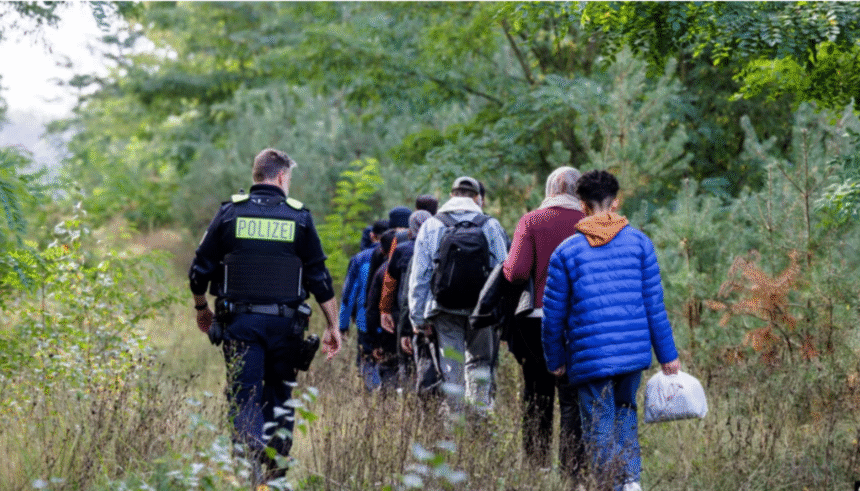Brussels/Vienna, July 16, 2025 – RKS News
The head of a key EU-funded migration advisory body has called on the European Union to intensify deportations of rejected asylum seekers, in line with the bloc’s new Migration Pact set to take effect in June 2026.
Michael Spindelegger, Director General of the International Centre for Migration Policy Development (ICMPD), made the remarks during an interview with AFP, defending his organization’s role amid growing criticism of human rights abuses in countries where ICMPD operates.
Spindelegger—a former Austrian Vice Chancellor from the conservative People’s Party—argued that the EU needs a “functional return policy” and warned that allowing rejected migrants to stay undermines the rule of law.
“If someone comes, does not receive asylum, and still remains without consequences, that sends a very bad message about the state of law,” Spindelegger stated.
According to EU statistics, currently less than 20% of people ordered to leave actually return to their countries of origin. Spindelegger stressed the importance of reintegration to prevent repeated migration attempts.
As part of its efforts, ICMPD has partnered with border authorities in Tunisia and Libya, despite widespread reports of abuse and mistreatment of migrants in those countries. Human rights organizations have repeatedly denounced ICMPD’s involvement in projects aimed at reducing the number of migrants reaching Europe, particularly outside EU borders.
Responding to these allegations, Spindelegger dismissed them as isolated “individual negative cases” and denied institutional responsibility, insisting that ICMPD’s training programs include human rights education for border guards in partner countries.
“I am truly sorry whenever such cases continue to occur. But we cannot be held responsible for them,” he said.
The controversy comes as the European Commission pushes forward with new plans to allow asylum applications to be processed in third countries, a move widely seen as a step toward outsourcing Europe’s migration control. The proposal, announced in May, must still be approved by the European Parliament and member states.
ICMPD, headquartered in Vienna, has 21 member states—mostly from the EU—and a staff of over 500 operating in more than 90 countries. Approximately 70% of its budget is funded by the European Commission.
As far-right and anti-immigration parties gain ground across Europe, pressure is mounting on Brussels to tighten border controls, a trend many warn could come at the expense of international human rights standards.







